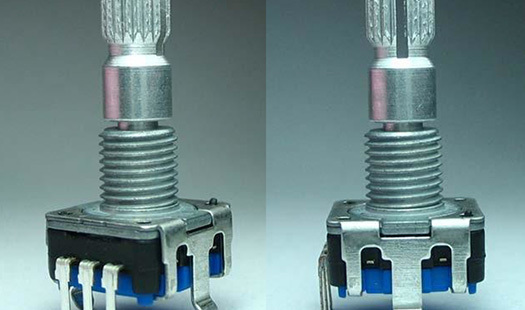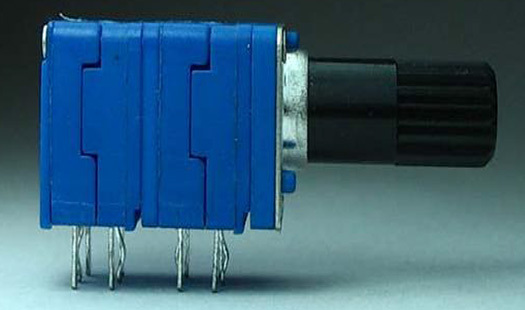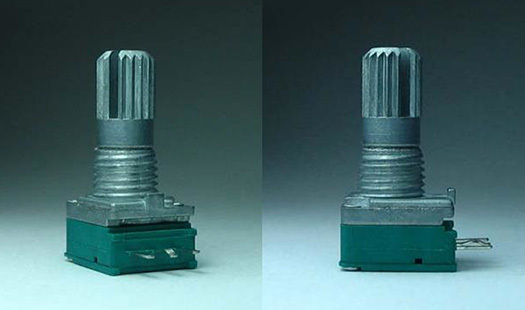Understanding the Versatility of 5-Pin Potentiometers in Electronic Applications
Aug 22,2025
Potentiometers are essential components in the realm of electronics, serving as variable resistors that allow users to adjust levels of resistance and control electrical signals. Among the various types available, the 5-pin potentiometer stands out for its unique configuration and versatility. Typically used in applications where precise control of voltage or current is necessary, the 5-pin variant offers distinct advantages.
A 5-pin potentiometer generally includes three terminals for the resistive element and two additional pins used for different functionalities such as switching or specific signal processing. The three main terminals consist of the wiper terminal that moves along the resistive track, and two end terminals that connect to the circuit. This configuration enables users to precisely adjust the output signal by altering the position of the wiper, which can be particularly useful in audio devices, sensors, and other electronic applications.
One of the key benefits of using a 5-pin potentiometer is the added functionality that the extra pins provide. For instance, in some designs, one of the additional pins may function as a switch, enabling the potentiometer to control the power supply to a device in addition to regulating the signal. This dual functionality can simplify circuit designs and improve efficiency by combining two functions into a single component.
When selecting a 5-pin potentiometer for your project, it is essential to consider the specifications that best suit your needs. Factors such as resistance values, taper types (linear or logarithmic), physical size, and mechanical rotation range can significantly affect performance. Understanding these specifications will help in choosing the right component for your specific application, whether it's in audio equipment, automotive systems, or industrial controls.
In addition, the mounting style of the potentiometer is another critical consideration. 5-pin potentiometers can come in various forms, including through-hole and surface-mount options, allowing for flexibility in design and assembly processes. This adaptability makes them suitable for a wide range of electronic devices, from consumer electronics to complex industrial machinery.
Furthermore, the reliability and durability of 5-pin potentiometers are vital in ensuring long-term performance. Many manufacturers offer components that are robust and capable of withstanding harsh environmental conditions, making them suitable for outdoor applications as well.
In summary, the 5-pin potentiometer represents a versatile and functional solution in the world of electronic components. Its ability to provide precise control while integrating additional features makes it a valuable choice for designers and engineers alike. By understanding the operational principles and applications of these devices, you can effectively harness their potential to enhance your electronic projects.
More Information
2025-09-05
More Information
2025-09-05
RECOMMENDED










